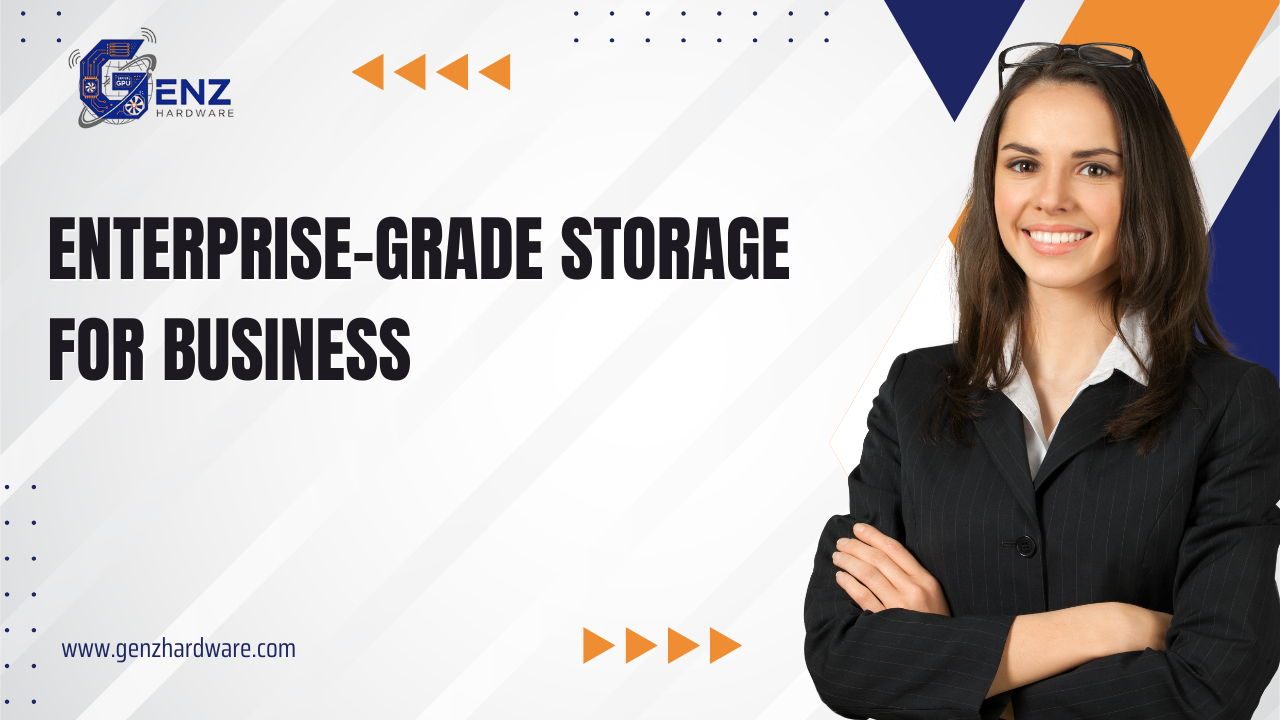
Server Hard Drives: Powering Reliable Business Storage
When running a business, reliable data storage is not just an option—it’s a necessity. Unlike regular hard drives, server hard drives are specifically engineered for enterprise-level performance, durability, and nonstop operation.
What Makes Server Hard Drives Different?
-
24/7 Operation: Server drives are built to run continuously without failure.
-
Higher Workload Ratings: Designed to handle massive amounts of read/write cycles daily.
-
Data Integrity: Equipped with advanced error correction and better vibration resistance.
-
Longer Lifespan: More durable than standard desktop drives, reducing downtime and maintenance costs.
Types of Server Hard Drives:
-
SAS (Serial Attached SCSI) Drives: Offer high speed, reliability, and scalability—ideal for mission-critical applications.
-
Enterprise SATA Drives: Provide large capacity at a lower cost, suitable for bulk data storage and backups.
-
Hybrid Drives: Combine SSD caching with HDD storage for balanced performance and capacity.
Why Businesses Need Server Hard Drives:
-
Performance: Handles large databases, applications, and virtualization without slowing down.
-
Reliability: Reduces risk of data loss due to advanced engineering and error recovery features.
-
Scalability: Makes it easy to expand storage as your business grows.
Tips for Choosing the Right Server Hard Drive:
-
Consider workload requirements—high-performance SAS for mission-critical, SATA for bulk storage.
-
Look for RPM speed (10,000–15,000 RPM drives offer faster performance).
-
Always plan for redundancy and backups using RAID configurations.
Conclusion:
Server hard drives are the backbone of enterprise storage. With their unmatched reliability and performance, they ensure that your business data stays secure, accessible, and supported around the clock. Investing in the right server drive today can save your company from costly downtime tomorrow.








